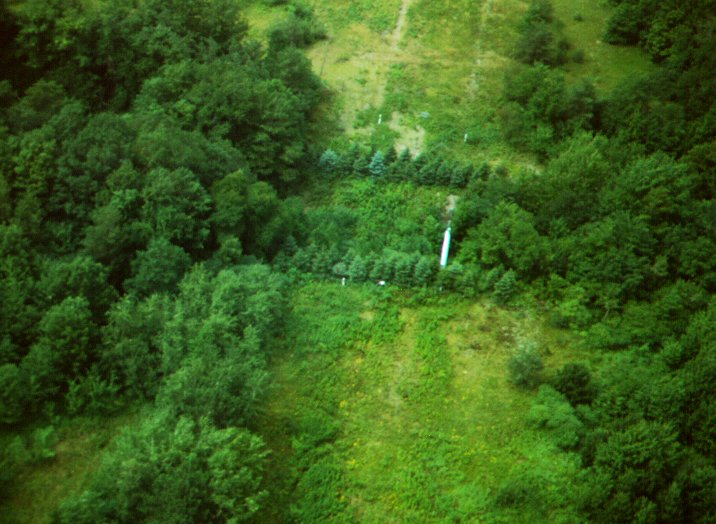
This summer, EELC was busy making the case to the Federal Energy Regulatory Commission (FERC) that the PennEast pipeline does not fulfill a public need, and that critical scientific evidence is missing from FERC’s consideration of environmental impacts. EELC recently submitted expert reports to FERC, documenting some of the true costs of construction, including water supply degradation and harm to the surrounding environment.
FERC controls interstate transmission of electricity and natural gas, and must decide which new natural gas pipeline projects it will approve. EELC’s advocacy in front of this regulatory body is on behalf of the groups participating in the Rethink Energy campaign. The campaign advocates for greater energy efficiency, renewable energy, and overall infrastructure planning before any new pipelines are built in New Jersey.
In the past FERC has rejected very few proposed pipelines and has often been called a “rubber stamp” for pipeline projects. The evidence now before FERC, submitted in public comments, expert reports, and agency criticisms, shows the need to consider both project-specific and cumulative environmental impacts. If FERC continues to ignore the existing environmental impact data in the record, or issues PennEast an approval without requiring it to gather the missing environmental impacts data, its decision will be open to legal challenge.
Like every state and federal agency, FERC is supposed to consider all environmental data when determining whether or not to give the green light for construction. That data should be presented in an Environmental Impact Statement or EIS. EELC submitted comments on its clients’ behalf showing how the PennEast project’s EIS is incomplete and scientifically unsound. The EIS also erroneously classifies environmental disruptions as “less-than-significant,” which signals that FERC at least initially intends to allow the project to proceed.
If built, PennEast’s natural gas pipeline would start at Pennsylvania’s Back Mountain and terminate in Pennington, New Jersey. The pipeline would cross over the Delaware in Riegelsville to New Jersey’s Hunterdon County. This path crosses forty-three nearly pristine Category One waterways that are at risk of significant damage. Experts from Princeton Hydro and HydroQuest forecast major water quality impacts in reports EELC submitted to FERC. HydroQuest’s comments reveal disturbing impacts to the Susquehanna River, Lehigh River, and Little Shades Creek from construction activities. Blasting, for instance, may cause preferential permeability, which creates a new pathway for water through underlying rocks. This change releases contaminants into the surrounding environment, including arsenic. Water mobility is also affected, and the risk of floodwater scour is high. Additional environmental impacts include an increase in surrounding water temperature, habitat destruction, and loss of threatened and endangered species.
Category One (C1) waterways, which are virtually pristine waterways, are particularly vulnerable, and New Jersey law precludes construction that would inflict any measurable changes to these waters. Currently, there are forty-three C1 waterways in the pipeline’s path. To date, the NJDEP has given over 4,500 miles of streams and 12,000 acres of lakes and reservoirs C1 status. C1 waterways are protected from “measurable changes” in water quality through New Jersey’s Surface Water Quality Standards rules. A chief attribute of C1 waters, says EELC’s senior attorney Jennifer Danis, is that they have tremendous ecological, recreational, and water supply significance. Danis notes there are “very few of these areas left in the state,” and “those remaining are in vital need of protection.” In addition to impacts on pristine C1 waters, FERC expects temporary and permanent impacts to nearly 100 acres of wetlands from the PennEast pipeline.
Through this December, FERC will review the public comments on PennEast, including the expert reports on the damage the pipeline would do to water quality and habitats, and the risk the pipeline poses of floodwater damage. As part of its legal work this summer, EELC criticized the PennEast public comment period as too short and requested that it be extended. Our clients, including the New Jersey Conservation Foundation and the Stony Brook Millstone Watershed Association, have more to say about PennEast. How will it affect species and habitat loss? Will it threaten public health? How will impact the economy?



